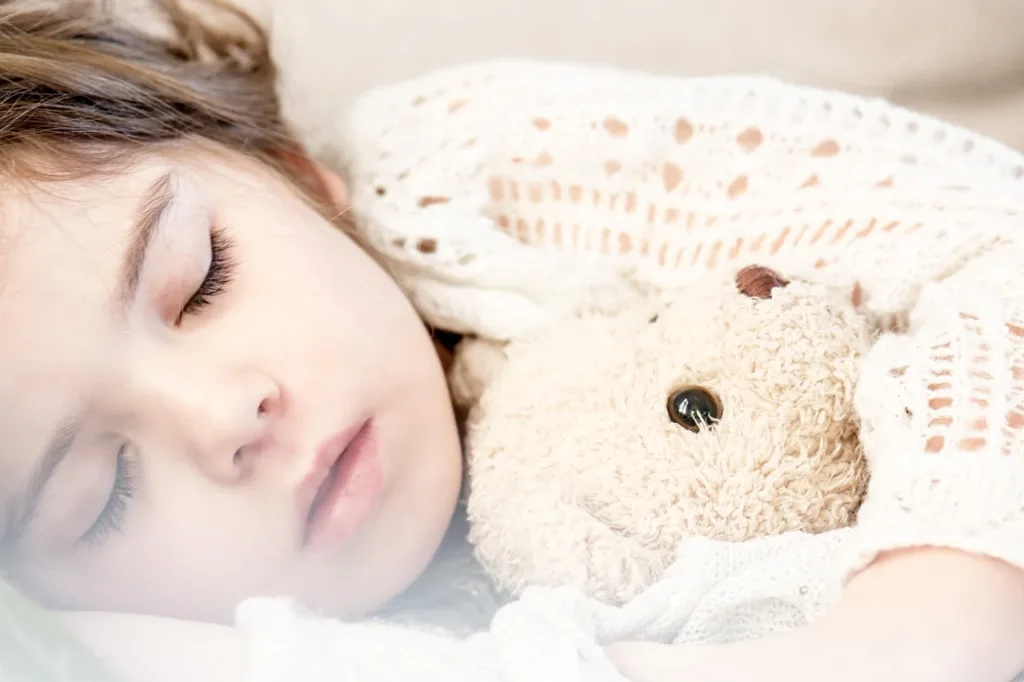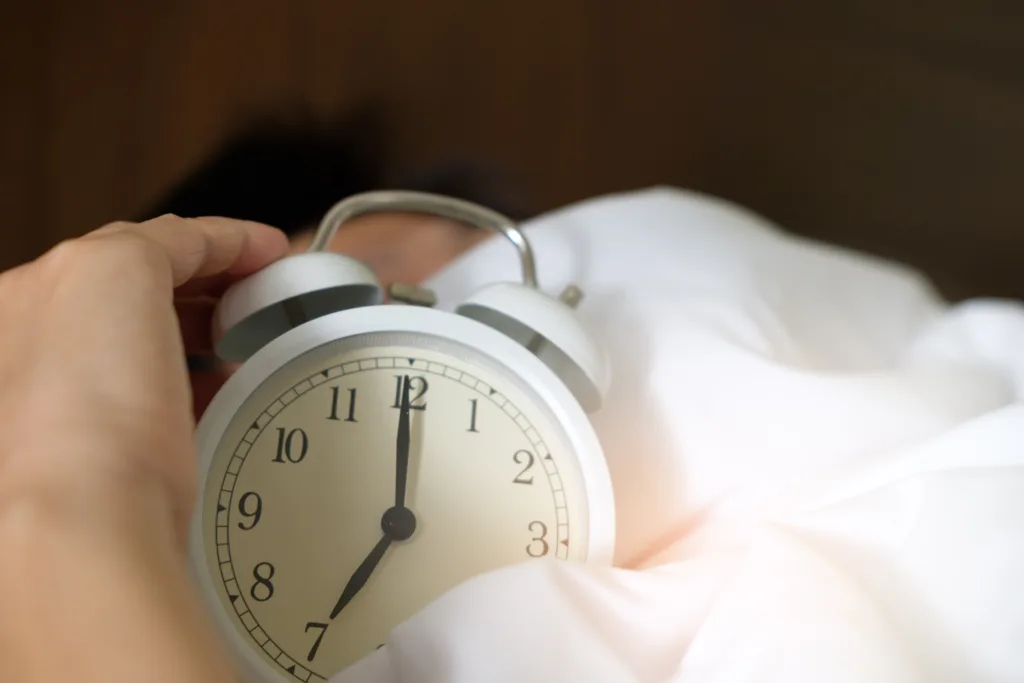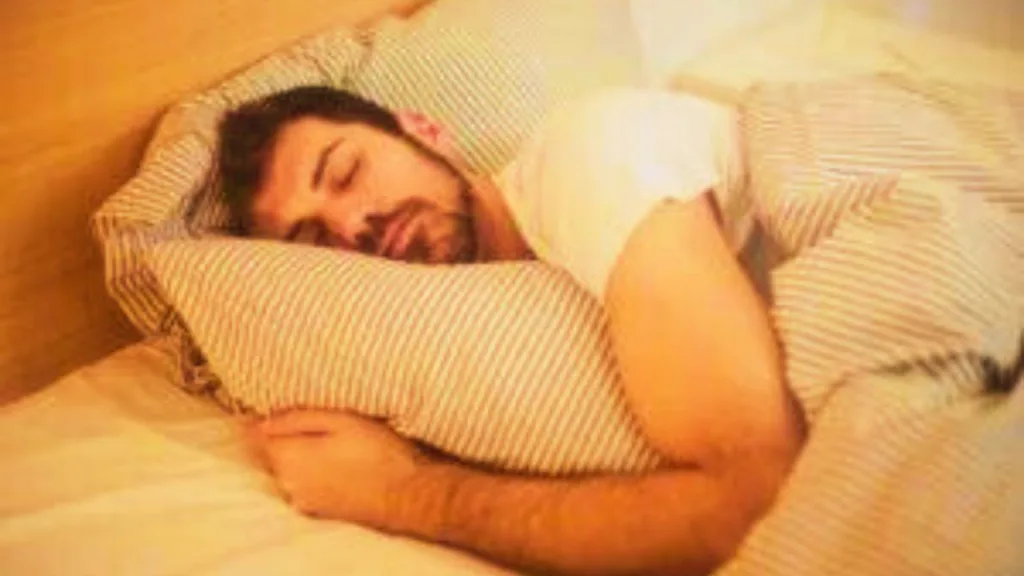WHAT IS SLEEP HYGIENE?
Past few months I had some bad experiences with my sleeping. So I did so much research about sleep hygiene and tried them and was able to overcome the sleeping issue. Nowadays most of you as well have various issues with sleeping. I trust if we know about something well, we can fix most of our issues by changing our habits and routines. I hope this information about Sleep Hygiene will help you.
‘Sleep hygiene’ refers to healthy habits, behaviors, and environmental factors that can be adjusted to help you have a good night’s sleep. Some sleeping problems are often caused by bad sleep habits reinforced over years or even decades. In many cases, you can improve your sleep quality by making a few adjustments to your lifestyle and attitude.

WHY SLEEP HYGIENE IS IMPORTANT?
- Better sleep quality: Good sleep hygiene can help you sleep better and wake up feeling more rested and refreshed.
- Improved mood: Getting enough quality sleep can help regulate your mood and reduce anxiety, depression, and irritability.
- Increased productivity: Getting enough sleep improves focus, and problem-solving skills, making you more productive and efficient throughout the day.
- Lower Chronic Disease Risk: Maintaining proper sleep reduces chronic diseases like obesity, diabetes, cardiovascular issues, and specific cancers.
- Strengthened Immunity: Adequate sleep supports immune system repair and fortification, empowering your body to combat illnesses and infections.
- Improved General Health: Prioritizing sleep hygiene contributes to holistic well-being, fostering physical, mental, and emotional health.
WHAT ARE THE SIGNS OF POOR SLEEP HYGIENE?
- Difficulty Falling Asleep: Regularly struggling to fall asleep shortly after going to bed can indicate poor sleep hygiene.
- Insomnia: Insufficient sleep due to problems falling asleep, staying asleep, or experiencing restless sleep. Poor sleep hygiene can contribute to insomnia.
- Irregular Sleep Schedule: Disruptive sleep patterns, like inconsistent bedtimes and wake times, can disturb your natural sleep-wake cycle and signal poor sleep hygiene.
- Daytime Sleepiness: Excessive daytime tiredness, regardless of previous night’s sleep, might point to poor sleep hygiene.
- Lack of Bedtime Routine: A missing pre-sleep routine can hinder relaxation and readiness for sleep.
- Reliance on Sleep Aids: Regular dependence on drugs, pills, or alcohol to induce sleep might suggest poor sleep hygiene.
- Pre-sleep Electronics: Engaging with screens (phones, tablets, computers) just before bed can compromise sleep quality and hygiene.
- Unfavorable Sleep Environment: Uncomfortable settings, noise, incorrect temperatures, and excessive light can negatively impact sleep and reflect poor sleep hygiene.
- Frequent Nighttime Awakening: Regularly waking up during the night or struggling to fall back asleep may be linked to poor sleep hygiene.
- Unrefreshed Waking: Feeling tired, dizzy, or unrefreshed upon waking could signify poor sleep quality due to poor sleep hygiene.
WHAT IS BODY CLOCK?
The body clock is a natural internal system that regulates various biological processes in our body, including the sleep-wake cycle, hormone production, metabolism, and body temperature. It acts as an internal 24-hour clock that helps synchronize our bodily functions with the external environment, especially the daily cycle of light and dark. The body clock is influenced by external cues such as light exposure and social routines and helps maintain a sense of time and regularity in our physiological and behavioral processes.
HOW MUCH SLEEP DO PEOPLE NEED?
| Age | Total sleep hours per day |
|---|---|
| 0–3 months | 14–17 hours |
| 4–12 months | 12–16 hours, including naps |
| 1–2 years | 11–14 hours, including naps |
| 3–5 years | 10–13 hours, including naps |
| 6–12 years | 9–12 hours |
| 13–18 years | 8–10 hours |
| 18–61 years | 7 hours or more per night |
| 61–64 years | 7–9 hours |
| 61–64 years | 7–9 hours |
| 64+ | 7–8 hours |
WHAT IS SLEEP CYCLE?
The sleep cycle is a physiological process that occurs during sleep. This allows the brain and body to perform “housekeeping” such as repairing or growing tissue, removing toxins, and processing memories.
Each sleep cycle consists of four stages, each of which has a different effect on the body. Adults experience 4-6 sleep cycles nightly, with 90 minutes spent in each stage.

SLEEP CYCLE STAGES
STAGE 01
- The first stage begins when a person transitions from wakefulness to sleep.
- This is a period of light non-REM sleep that slows a person’s heart rate, breathing, eye movements, and brain waves.
- Muscles also relax, although they may sometimes twitch.
- This step is short and takes about 1-5 minutes.
STAGE 02
- This is a period of deeper non-REM sleep where muscles relax further, eye movements stop, and body temperature drops.
- During the first sleep period of the night, this phase lasts about 25 minutes and gets longer with each new sleep period.
- In total, it occupies more than 50% of the sleep of adults.
STAGE 03
- Stage 3 of non-REM sleep is the deepest stage of sleep and the most difficult to wake up.
- During this stage, heart rate, breathing, and brain waves become regular.
- A person experiences deep sleep in the first half of the night.
- With each sleep cycle, the amount of deep sleep decreases.
- This is the stage that is usually the hardest for people to wake up from.
- When a person wakes up during deep sleep, they may feel mentally foggy for about 30 to 60 minutes.
- The overall percentage of deep sleep tends to decrease with age.
STAGE 04
- The last stage of the sleep cycle is REM sleep.
- The term “REM” refers to Rapid Eye Movement.
- At this stage, the eyes move quickly and quickly from side to side.
- During REM sleep, breathing speeds up and becomes more unstable.
- Other vital signs, such as blood pressure and pulse, become more irregular.
- REM is the stage of sleep most associated with dreaming, although dreaming can also occur in other stages.
- During this time, most people experience muscle atonia, or temporary muscle paralysis, which occurs naturally during REM sleep and prevents the person from fulfilling their dreams.
- REM sleep lasts about 10 minutes in the first period of sleep and gets longer as the night progresses.
- This last period of sleep, REM can last up to 1 hour.
HOW TO PRACTICE GOOD SLEEP HYGIENE?
Establish a Consistent Sleep Routine:
- Regular Sleep Schedule: Set a consistent sleep schedule to normalize sleep as a vital part of your day. This trains your body and mind for sufficient sleep.
- Fixed Wake-Up Time: Maintain the same wake-up time every day to establish a steady sleep rhythm, even on weekends.
- Value Sleep: Prioritize sleep over work, study, socializing, or exercise. Calculate your bedtime based on your wake-up time.
Adopt Healthy Habits:
- Mindful Napping: Keep daytime naps short (around 30 minutes) to avoid affecting nighttime sleep.
- 30-Minute Wind-Down: Allocate time for calming activities like soft music, light stretches, reading, or relaxation exercises.
- Dim Lights: Avoid bright lights, as they hinder melatonin production, crucial for sleep.
- Unplug Electronics: Set aside 30-60 device-free minutes before bed to avoid stimulating mental activity and blue light exposure.
- Daylight Exposure: Expose yourself to natural light, especially sunlight, to regulate circadian rhythms and enhance sleep quality.
- Regular Physical Activity: Engage in regular exercise, which promotes better sleep and overall health.
- No Smoking: Nicotine disrupts sleep, contributing to various sleep disorders.
- Moderate Alcohol Intake: Limit alcohol consumption, especially before bedtime, as it can disrupt sleep later in the night.
- Reduce Caffeine: Minimize afternoon and evening consumption of caffeine-containing beverages.
- Early, Light Dinner: Avoid heavy or spicy meals close to bedtime to allow digestion to settle.
- Comfortable Sleep Environment: Ensure a comfortable mattress, pillows, and an appropriate room temperature.
- Calming Scents: Consider using gentle aromas like lavender for relaxation.
CONCLUSION
In conclusion, prioritizing good sleep hygiene practices is essential to maintaining optimal physical and mental well-being. By adopting healthy habits, such as establishing a consistent sleep schedule, creating a conducive sleep environment, and practicing relaxation techniques before bed, people can improve the quality and duration of their sleep.
Adequate sleep plays an important role in improving cognitive function, strengthening immune system function, regulating mood, and promoting overall productivity and performance. By understanding the importance of sleep hygiene and implementing these simple but effective strategies, people can pave the way to a restful and refreshing night’s sleep, leading to better health and a better quality of life.
Read more articles from SCOPOGEN.COM




VlkLcBYhfjRINviiHvrmmShVE
XriHVYOcHwOawKM
Мадонна, икона поп-музыки и культурного влияния, продолжает вдохновлять и поражать своей музыкой и стилем. Её карьера олицетворяет смелость, инновации и постоянное стремление к самовыражению. Среди её лучших песен можно выделить “Like a Prayer”, “Vogue”, “Material Girl”, “Into the Groove” и “Hung Up”. Эти треки не только доминировали на музыкальных чартах, но и оставили неизгладимый след в культурной и исторической панораме музыки. Мадонна не только певица, но и икона стиля, актриса и предприниматель, чье влияние простирается далеко за рамки музыкальной индустрии. Скачать mp3 музыку 2024 года и слушать онлайн бесплатно.
Thanks for sharing. I read many of your blog posts, cool, your blog is very good.
Can you be more specific about the content of your article? After reading it, I still have some doubts. Hope you can help me.
Thanks for sharing. I read many of your blog posts, cool, your blog is very good.
Wow, wonderful blog layout! How long have you been blogging for? you make blogging look easy. The overall look of your site is great, as well as the content!
Thanks for sharing. I read many of your blog posts, cool, your blog is very good.
Your article helped me a lot, is there any more related content? Thanks!
Thank you for your sharing. I am worried that I lack creative ideas. It is your article that makes me full of hope. Thank you. But, I have a question, can you help me?
Your point of view caught my eye and was very interesting. Thanks. I have a question for you.
Can you be more specific about the content of your article? After reading it, I still have some doubts. Hope you can help me.
Your article helped me a lot, is there any more related content? Thanks!
Can you be more specific about the content of your article? After reading it, I still have some doubts. Hope you can help me.
Thanks for sharing. I read many of your blog posts, cool, your blog is very good.
Can you be more specific about the content of your article? After reading it, I still have some doubts. Hope you can help me.
Can you be more specific about the content of your article? After reading it, I still have some doubts. Hope you can help me.
I don’t think the title of your article matches the content lol. Just kidding, mainly because I had some doubts after reading the article.
Can you be more specific about the content of your article? After reading it, I still have some doubts. Hope you can help me.
Your article helped me a lot, is there any more related content? Thanks!
Can you be more specific about the content of your article? After reading it, I still have some doubts. Hope you can help me.
Thank you for your sharing. I am worried that I lack creative ideas. It is your article that makes me full of hope. Thank you. But, I have a question, can you help me?
Can you be more specific about the content of your article? After reading it, I still have some doubts. Hope you can help me.
Your article helped me a lot, is there any more related content? Thanks!
Your article helped me a lot, is there any more related content? Thanks! https://www.binance.com/en-ZA/register?ref=JHQQKNKN
Can you be more specific about the content of your article? After reading it, I still have some doubts. Hope you can help me.
Can you be more specific about the content of your article? After reading it, I still have some doubts. Hope you can help me.
Your article helped me a lot, is there any more related content? Thanks!
Your article helped me a lot, is there any more related content? Thanks!
Your article helped me a lot, is there any more related content? Thanks!
Can you be more specific about the content of your article? After reading it, I still have some doubts. Hope you can help me.
Thanks for sharing. I read many of your blog posts, cool, your blog is very good.